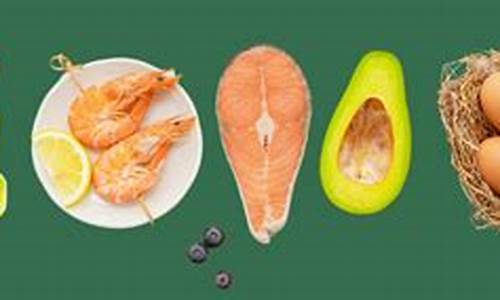Diet to Protect Skin Health: Essential Suggestions
Maintaining healthy skin is crucial for overall well-being. One of the most effective ways to protect and enhance skin health is through a balanced diet. A diet rich in vitamins, minerals, antioxidants, and healthy fats can nourish the skin from within. Proper nutrition can prevent premature aging, reduce inflammation, and improve skin texture and tone. In this article, we will explore some dietary suggestions to protect and promote healthy skin, ensuring it remains radiant and youthful.
1. Incorporate Antioxidant-Rich Foods
Antioxidants play a vital role in neutralizing free radicals, which are harmful molecules that accelerate skin aging. To protect your skin, it is essential to consume a variety of fruits and vegetables that are rich in antioxidants. Berries such as blueberries, strawberries, and raspberries are excellent sources of vitamin C, which helps to maintain collagen production. Additionally, leafy greens like spinach and kale, along with nuts and seeds, can help improve skin elasticity and reduce inflammation.
2. Healthy Fats for Skin Hydration

Healthy fats are essential for maintaining moisture in the skin. Omega-3 fatty acids, found in foods such as salmon, walnuts, and chia seeds, help to keep the skin hydrated and reduce the appearance of fine lines. These fats also have anti-inflammatory properties, which can alleviate skin conditions like acne and eczema. Including healthy fats in your diet ensures your skin retains its natural glow and softness.



3. Stay Hydrated
Drinking plenty of water throughout the day is crucial for maintaining skin health. Proper hydration helps to flush out toxins, improves circulation, and keeps your skin looking plump and youthful. Aim for at least eight glasses of water daily, and consider adding hydrating foods like cucumbers, watermelon, and oranges to your meals. These foods not only hydrate the body but also provide additional skin-boosting nutrients.
4. Avoid Excessive Sugar and Processed Foods
Excessive sugar intake and processed foods can lead to inflammation and breakouts. These foods can trigger the production of advanced glycation end products (AGEs), which damage collagen and elastin fibers in the skin, contributing to sagging and wrinkles. To maintain skin health, focus on whole foods like lean proteins, vegetables, and whole grains while limiting sugary snacks and refined carbohydrates.
5. Vitamins for Skin Protection

Vitamins like A, C, and E are essential for skin health. Vitamin A, found in foods like carrots and sweet potatoes, promotes cell turnover and helps repair damaged skin. Vitamin C, a powerful antioxidant, supports collagen production, while vitamin E protects the skin from sun damage and environmental stressors. By including a variety of nutrient-rich foods in your diet, you can support your skin’s natural repair process.
Conclusion
Incorporating the right foods into your diet is an effective way to protect and enhance your skin health. By focusing on antioxidants, healthy fats, hydration, and essential vitamins, you can nourish your skin from within and enjoy a youthful, radiant complexion. Along with a balanced diet, remember to maintain a healthy lifestyle that includes regular exercise, adequate sleep, and proper skincare. These practices combined will give you the best results in protecting your skin and maintaining its natural beauty.